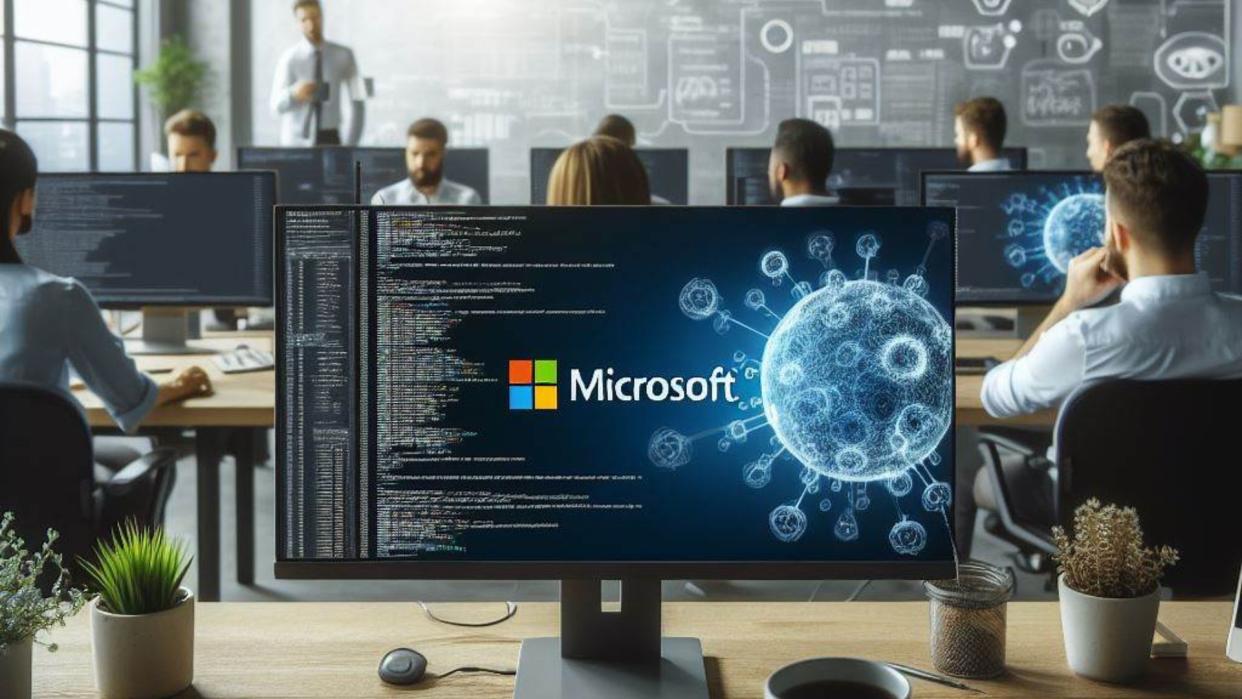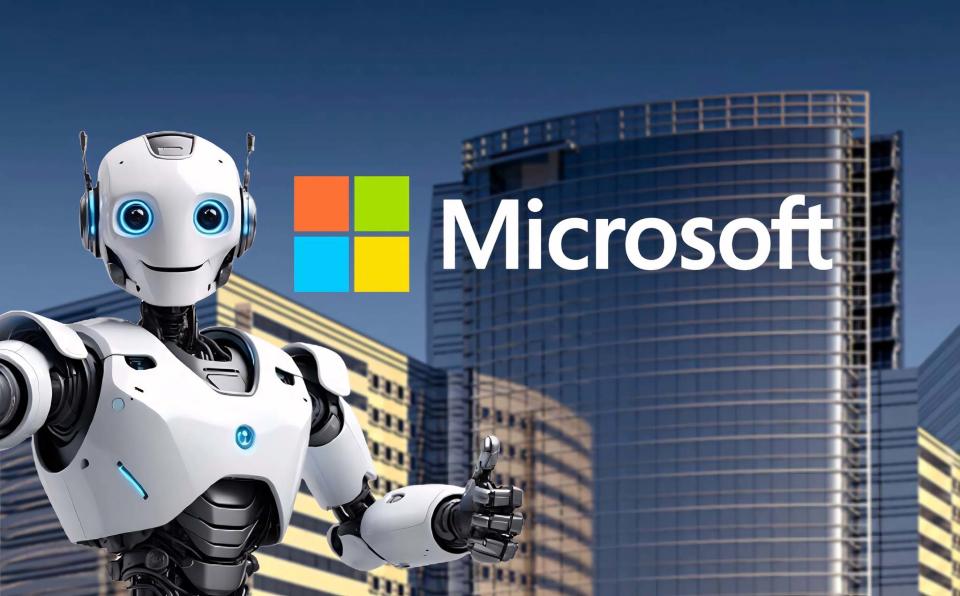Microsoft forms advanced AI team dedicated to developing OpenAI-like models but at a smaller and cheaper scale

What you need to know
Microsoft has formed a dedicated AI team to develop small language models.
The small language models will have capabilities similar to OpenAI's ChatGPT or Microsoft Copilot but will be less demanding regarding the hardware and resources invested.
Microsoft could potentially establish independence from OpenAI if this project turns out to be a success.
UPDATE on 25/1/2023: The GenAI team will report directly to Microsoft's CTO, Kevin Scott. It's also been pointed out that the new GenAI team isn't part of the Azure team, as an earlier version of this post indicated.
Undoubtedly, Microsoft is all about generative AI, given its partnership with OpenAI and heavy investment in the technology. The company has integrated the tech across most of its products and services. And as it now seems, Microsoft is working toward building its small language models.
According to The Information, Microsoft's small language models will spot similar capabilities as OpenAI's ChatGPT. Microsoft has already assembled a team to take on this new challenge, which will report to Microsoft CTO, Kevin Scott. Microsoft's CVP, Misha Bilenko will lead the GenAI team, alongside top developers who were previously part of the Azure team and were responsible for incorporating OpenAI software into Microsoft products.
The small AI chatbots can generate responses to queries and images. However, compared to top-of-the-line chatbots like Microsoft Copilot and ChatGPT, the small language models are less resource-hungry. This means that Microsoft won't have to invest as much in hardware.
Until now, Microsoft has heavily relied on OpenAI for most of its advances in the AI landscape. This explains Microsoft CEO Satya Nadella's frustration after the board of directors fired OpenAI's Sam Altman from the company without any heads up despite the company being a major investor.
Several reports indicated that Microsoft was ready to absorb Altman and other OpenAI employees who'd threatened to leave the company if he wasn't reinstated. The company had already made elaborate plans for the team to join its Advanced AI department at its LinkedIn offices in San Francisco.
Microsoft in pursuit for its own AI shine

Microsoft AI-related services and products rely heavily on OpenAI for smooth and seamless handling. For instance, Microsoft Copilot runs on OpenAI's GPT-4 model and DALL-E 3 technology. The same applies to its recently unveiled paid subscription for the Copilot Pro service. Microsoft promised subscribers they could craft custom GPT bots through the subscription,
We already know that running a chatbot effectively and efficiently costs up to 700,000 dollars per day. This is not an easy feat, even for a company that was briefly ranked as the world's most valuable company in the world. It makes sense that Microsoft would venture into this space treading carefully with small language models rather than flanging in face-first.
It will be interesting to see the impact this has on Microsoft and OpenAI's relationship and its impact on the environment. As we speak, AI-powered chatbots consume 1 water bottle for cooling per query, whereas another report suggests that AI will have consumed enough energy by 2027 to power a small country for a whole year.
Do you think Microsoft will eventually run its AI operations entirely under its ship without OpenAI's help? Share your thoughts in the comments.

